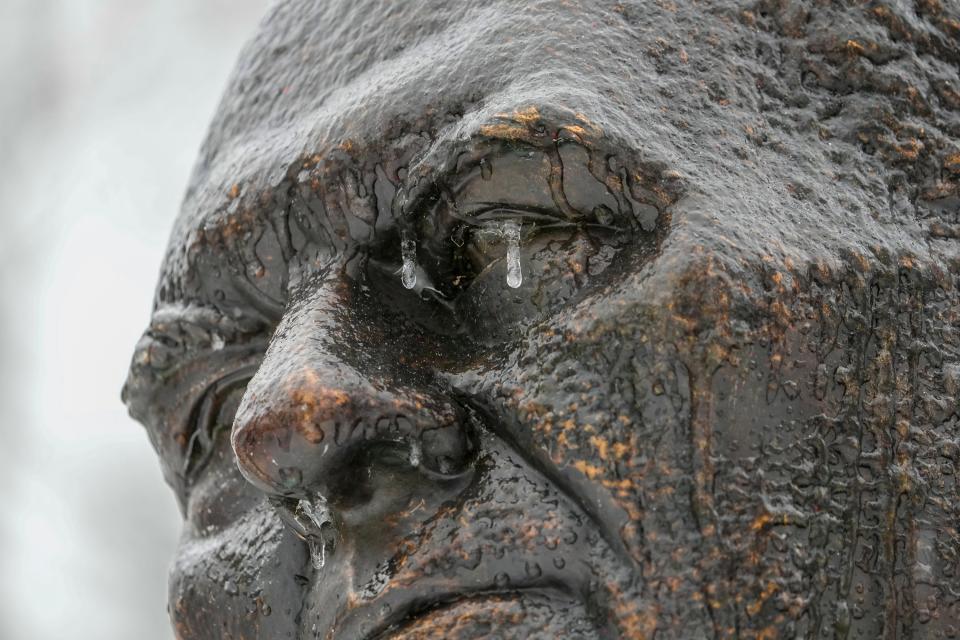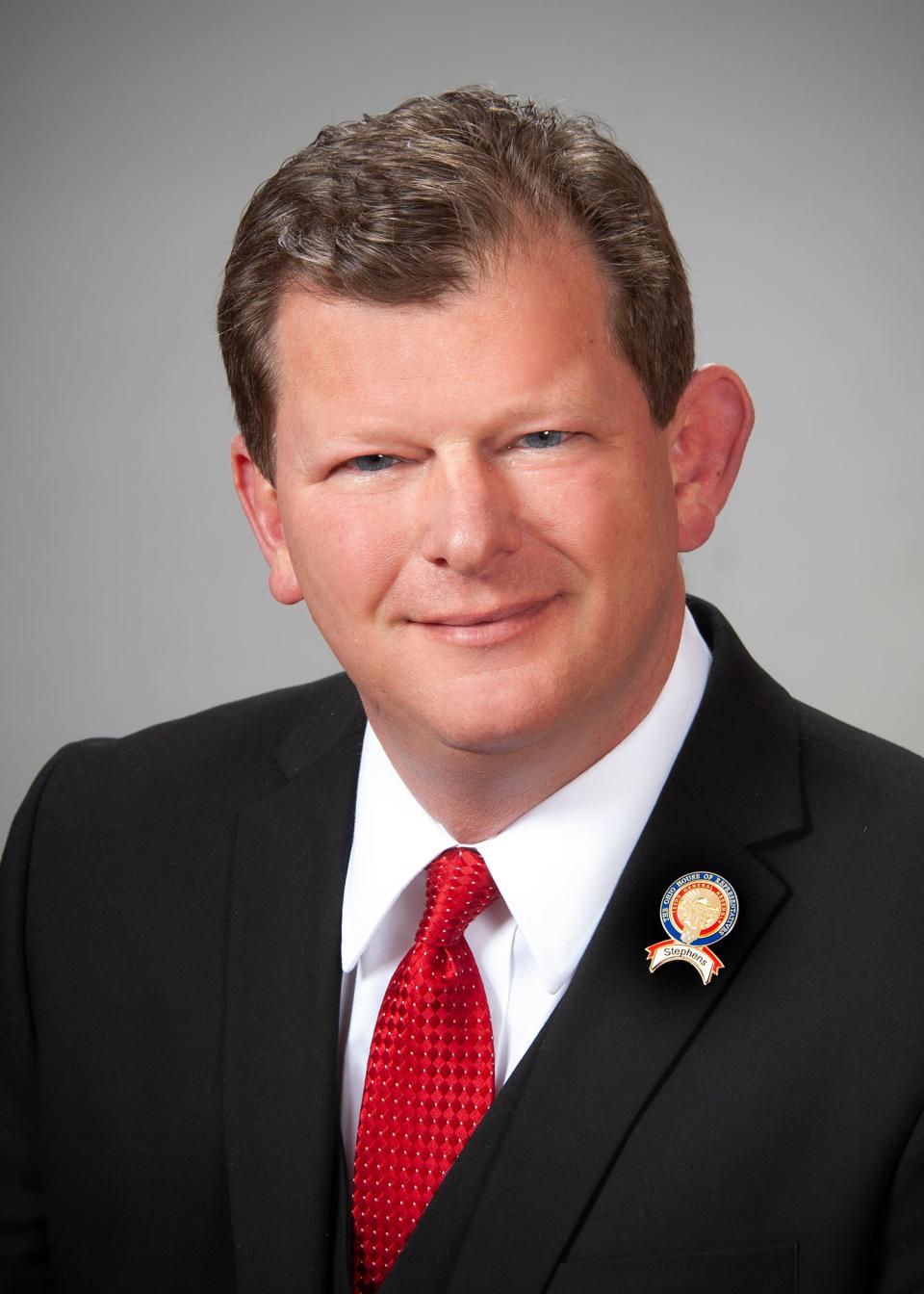Letters: Let's not forget Ohio State president who championed racially segregated schools
- Oops!Something went wrong.Please try again later.
History of racially segregated school should not be forgotten
The Columbus Dispatch reviewed its coverage of the Columbus City Schools since the early 1900s (March 14, "Education coverage spans time, key issues"). The article noted that the district opened Indianola Junior High School in 1909, making it the first junior high school in the United States. Its opening provided important educational services for many students.
More: Nothing lasts forever: Historical statues deserve periodic reconsideration
Unfortunately, no mention was made of another event that occurred in Columbus Schools that same year.
Led by Ohio State University President William Oxley Thompson, who served on the Columbus Board of Education for several years in the early 1900s, the district approved the opening of racially segregated Champion Avenue School.

Thompson believed that it was in the best interests of both races that they be educated in separate schools. Champion Avenue School opened with a 100% African American staff and an almost entirely African American student body, ushering in an era of gerrymandered, de facto segregated schooling that continued for the next 70 years.
More: Stories of desegregation in Columbus schools, as told by Black residents who were there
In 1977, U.S. District Judge Robert M. Duncan ruled that the system of using school boundaries to separate students clearly violated the Supreme Court ruling in Brown v. Board of Education (1954). Two years later, Columbus began busing students to desegregate city schools.
Mark Stewart, Columbus
Public schools 'incubator' for belief in public good
Let’s put the public back into public education.
It used to be that we had faith in public education. In the 1980s, we believed that public schools could bring children and families together from all backgrounds and beliefs to build understanding and acceptance.
More: Eight ways Ohio Republicans are working to remake public education
Today, problems are even greater, e.g., alienation of people along political lines, environmental shortcomings, and distrust of government. One major difference today is that our most valuable tool to address these problems has been undermined and defunded – public education.
What happened to the belief that public education is our foundation for the public good, a necessary tool for an educated democracy and for addressing social problems? What happened to the belief that we all are in this together and our public schools are a forum where we can come together and address issues that are larger than any one of us?
More: Local schools hope to change voucher system, bring money to public schools with lawsuit
Public schools are the incubator for those beliefs. There is great value in having all our children in school together, learning from each other’s differences. Now is the time to bring back our belief in building the common good for our children, not just for our own children, but for all children.
More: How much should Ohio pay to educate its kids? Senate, House have different ideas
It is time to keep our constitutional commitment to one system of public education – uniting our children together to build bridges of learning and understanding that will last a lifetime.
Bob Weiler, Columbus
More research needed on Keystone Pipeline
Rep. Jason Stephens (R-Kitts Hill) played fast and loose with his “facts," (March 17 column "Biden administration's ‘risky' energy policies need to change"), especially regarding the Keystone Pipeline. He needs to reread the abundant research material about the pipeline.
More: Biden's energy policies jack up inflation. Local energy sources a smarter choice.|Opinion
Shutting down the pipeline did not put thousands of Americans out of work. After the brief construction phase, it is estimated that 55 people would work maintaining the pipeline.
More: Fact-check: Is Biden 'destroying 11,000 jobs' by revoking Keystone pipeline?
Also, shutting down the pipeline did not make America dependent on foreign oil. America exports more oil than it imports. Most of the oil from the oil sands of Canada was slated to be exported.

Stephens distortion of the facts about the pipeline casts doubt on his overall position.
Ronald Reitenour, Westerville

This article originally appeared on The Columbus Dispatch: Letters: Who was William Oxley Thompson?

